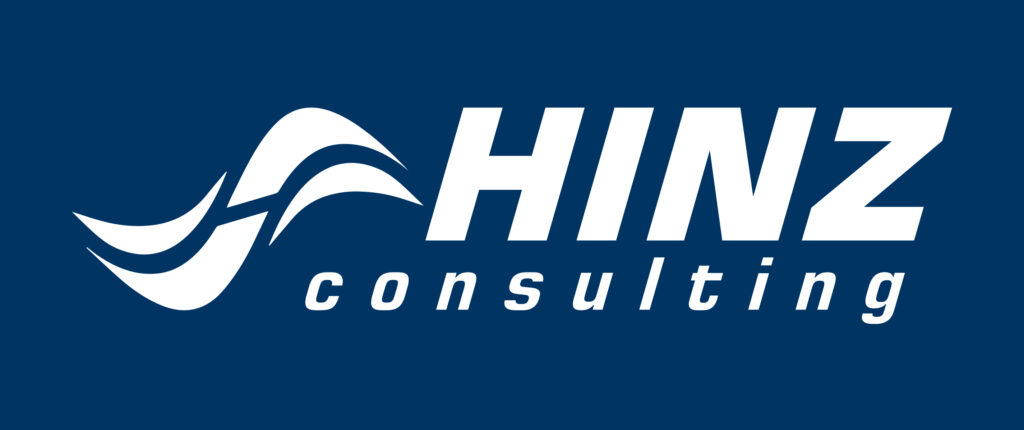Winning government contracts is a significant opportunity for businesses looking to expand into the public sector. However, government bid preparation is a complex and competitive process that requires careful planning, attention to detail, and strategic execution. By understanding the key elements of bid preparation, businesses can craft compelling, compliant, and competitive bids that increase their chances of success.
This blog explores the critical steps, challenges, and best practices for preparing a winning government bid.
What is Government Bid Preparation?:
Government bid preparation is the process of creating a formal response to a government solicitation, such as a Request for Proposal (RFP) or Invitation for Bid (IFB). This response outlines your business’s ability to meet the government’s requirements, the approach you will take, and the cost of delivering the proposed solution.
The preparation process involves:
- Understanding solicitation requirements.
- Developing a clear and compelling proposal.
- Ensuring compliance with federal regulations.
- Submitting the bid within the specified deadline.
Key Steps in Government Bid Preparation:
1. Identify Opportunities:
Begin by identifying government contracts that align with your business’s capabilities and goals. Use platforms like SAM.gov or agency-specific portals to find opportunities relevant to your industry.
2. Conduct a Bid/No-Bid Analysis:
Evaluate whether a particular opportunity is worth pursuing. Consider factors such as:
- Alignment with your expertise and past performance.
- Probability of winning based on competition and requirements.
- Resources required to prepare and deliver the bid.
3. Understand Solicitation Requirements:
Thoroughly review the solicitation document to understand the client’s needs, evaluation criteria, and submission requirements. Create a compliance matrix to track mandatory elements and ensure they are addressed.
4. Assemble Your Team:
Form a team of subject matter experts, writers, pricing specialists, and project managers to contribute to the bid. Clearly define roles and responsibilities to streamline collaboration.
5. Develop Your Solution:
Craft a solution that directly addresses the government’s needs. Highlight your value proposition, unique capabilities, and past successes to differentiate your bid from competitors.
6. Craft the Technical Proposal:
The technical proposal should detail how you will execute the project, including methodologies, timelines, and resources. Be clear, concise, and aligned with the solicitation’s requirements.
7. Create the Cost Proposal:
Develop a competitive and realistic pricing structure. Ensure transparency and align your pricing with the project’s scope and deliverables.
8. Conduct Compliance Checks:
Review the bid for compliance with all solicitation requirements, including formatting, page limits, and mandatory certifications. Use a compliance checklist to verify completeness.
9. Edit and Refine:
Proofread the bid to eliminate errors and improve clarity. Ensure consistency in tone, style, and messaging across all sections.
10. Submit the Bid:
Follow the submission instructions provided in the solicitation, whether electronic or physical. Submit early to avoid last-minute issues and confirm receipt with the contracting agency.
Common Challenges in Government Bid Preparation:

1. Tight Deadlines:
Government solicitations often have short response times, making it challenging to develop a thorough bid. Planning and efficient project management are essential.
2. Complex Requirements:
Understanding and addressing detailed requirements can be overwhelming. A compliance matrix helps ensure all elements are covered.
3. Resource Constraints:
Small businesses may lack the internal resources to dedicate to bid preparation. Leveraging external support or proposal consultants can bridge this gap.
4. Pricing Strategy:
Balancing competitiveness with profitability is critical. An unrealistic or uncompetitive price can undermine your chances of success.
5. Competition:
Federal contracts attract multiple bidders, making it essential to differentiate your proposal with a strong value proposition and proven track record.
Best Practices for Government Bid Preparation:
1. Start Early:
Begin the bid preparation process as soon as the solicitation is released. Early planning allows time for thorough analysis, collaboration, and revisions.
2. Focus on the Client’s Needs:
Tailor your proposal to address the government’s specific challenges and priorities. Use their language and terminology to demonstrate understanding.
3. Highlight Past Performance:
Include examples of similar projects to showcase your experience and ability to deliver results. Use quantifiable metrics to demonstrate success.
4. Leverage Templates and Tools:
Use standardized templates and proposal management software to streamline the process and maintain consistency across bids.
5. Maintain Open Communication:
Foster collaboration among team members through regular check-ins and clear communication channels. Address issues proactively to stay on track.
6. Seek Feedback:
After submitting bids, request debriefs from contracting officers to understand evaluation outcomes. Use this feedback to improve future submissions.
The Role of Compliance in Bid Preparation:
Compliance is a cornerstone of government bid preparation. Failure to meet even minor requirements can result in disqualification. Key compliance elements include:
- Following formatting and page limit guidelines.
- Including all mandatory sections and certifications.
- Meeting deadlines and submission specifications.
Why Government Bid Preparation is Critical for Success:
Proper bid preparation sets the foundation for winning government contracts. It ensures your proposal is not only competitive but also compliant and aligned with the client’s expectations. A well-prepared bid demonstrates professionalism, builds trust, and positions your business as a reliable partner.
Conclusion:
Government bid preparation is a strategic process that requires meticulous planning, collaboration, and attention to detail. By following a structured approach, addressing client needs, and ensuring compliance, businesses can create bids that stand out in a competitive marketplace.
For businesses seeking to streamline their bid preparation efforts, leveraging experienced proposal consultants or adopting best practices can significantly enhance the chances of success. With dedication and strategic execution, government contracting can become a powerful avenue for growth and success. Contact us to learn more!


